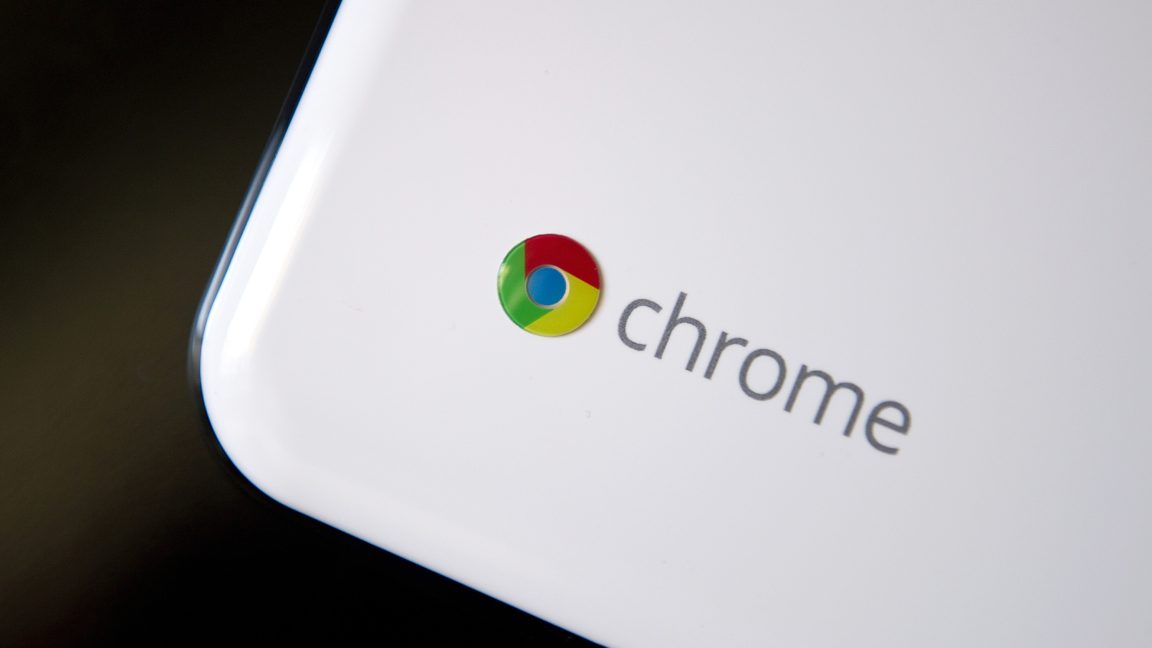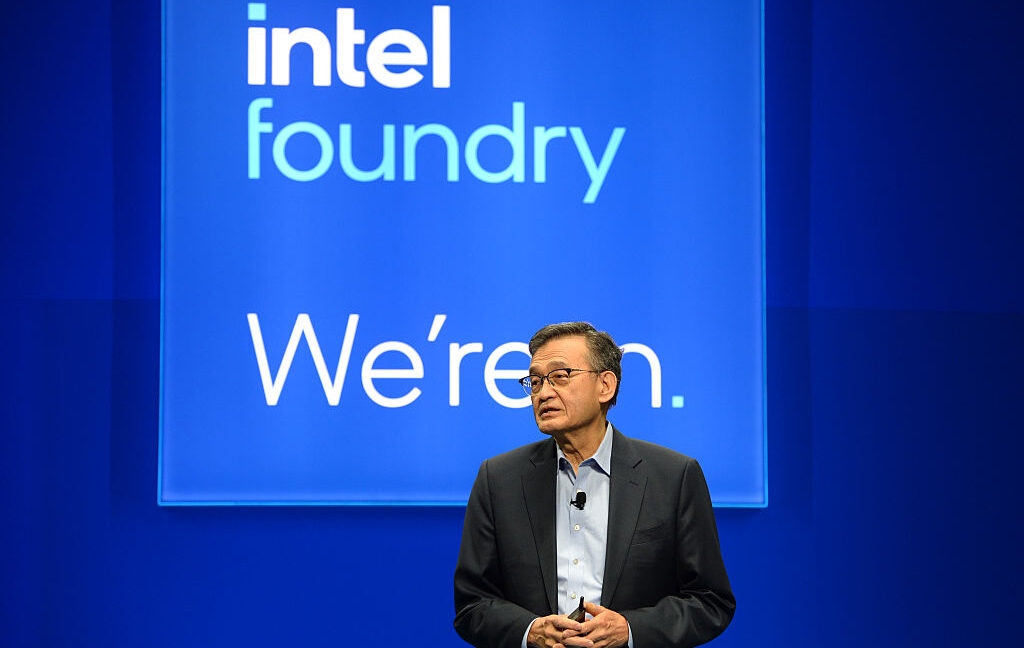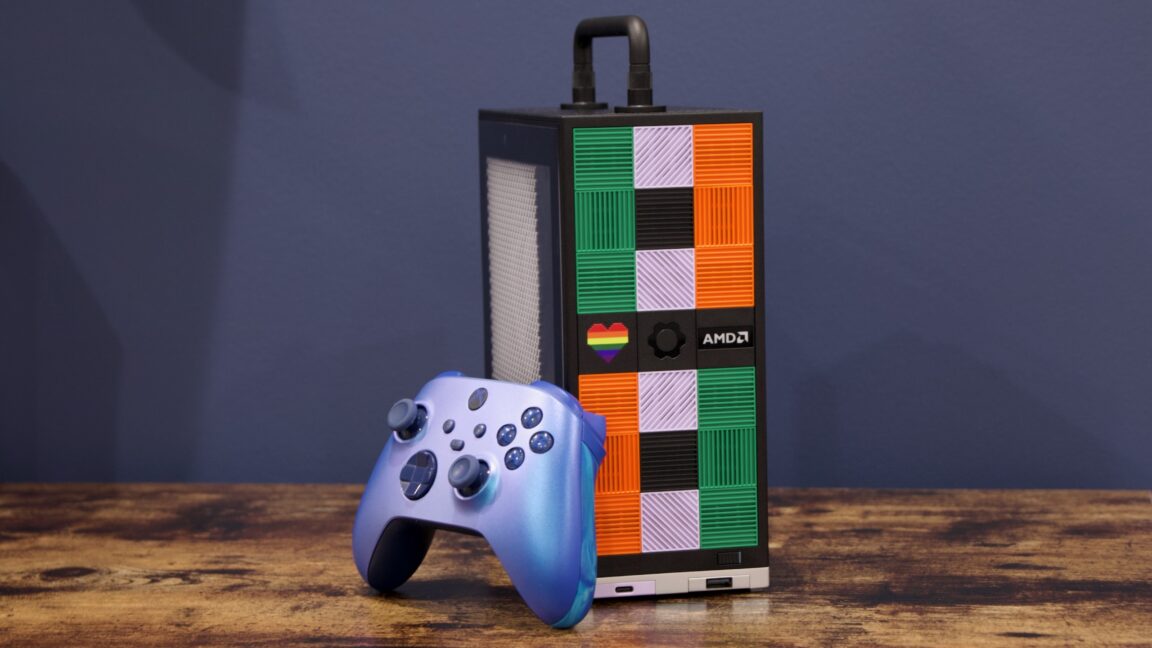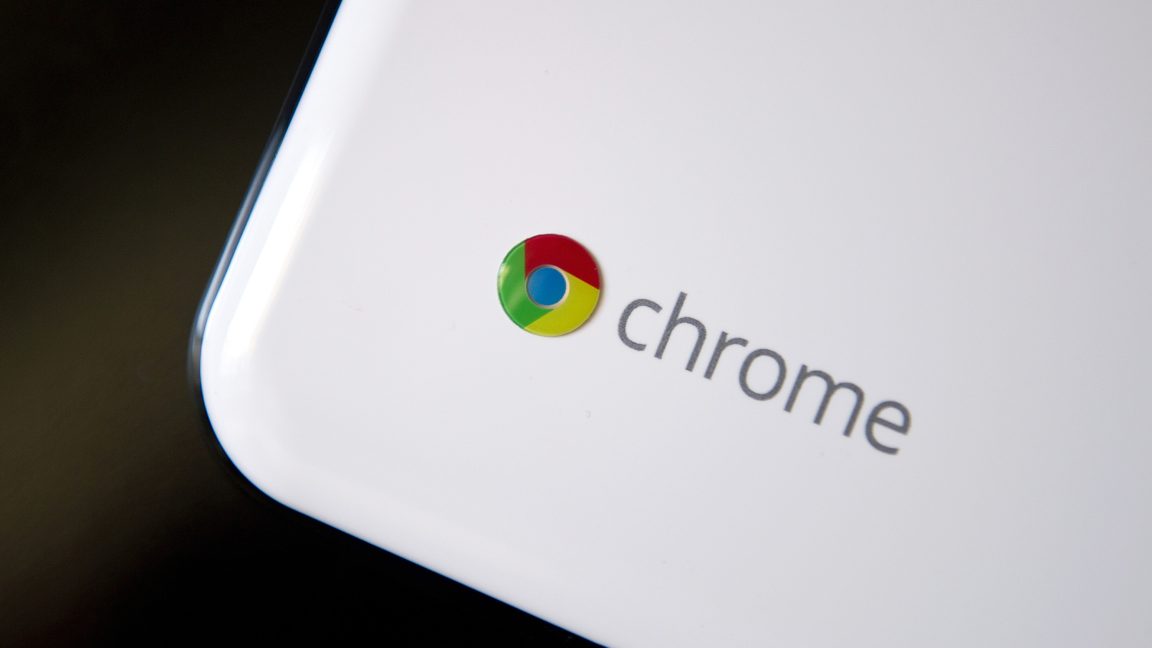End of Steam Support on Chromebooks: What’s Next?

The experimental phase of using Steam on Chromebooks is set to end as Google and Valve plan to withdraw their support. The cessation will officially take place on January 1, 2026. Despite this, users can still install Steam on their devices, but they'll be greeted with a notice regarding its imminent discontinuation. The message from the companies expresses gratitude for the feedback received during the program, which aims to inform future ventures in Chromebook gaming.
Steam appeared on Chromebooks initially in 2022 as an alpha version. It required newer, high-spec devices equipped with Intel chips. Later that year, a beta version was launched, expanding compatibility to include AMD CPUs and GPUs while lowering system requirements. Yet, there has been limited communication from both Google and Valve regarding the beta period's progress.
This development was part of Google's broader push for gaming-capable Chromebooks in 2022 and 2023. New laptops emerged boasting upgraded hardware and higher refresh-rate screens. Additionally, the optimization of GeForce Now and Xbox Cloud Gaming offered broader gaming possibilities for Chromebook users. However, the Steam beta struggled with compatibility issues, even when using the Proton compatibility layer designed to support Windows games on Valve's Linux-based SteamOS.
The performance of many Chromebooks was hindered by older or low-end chips, leading to reduced gaming experiences compared to devices like the Steam Deck. Google managed to get just 99 games performing adequately on these machines, usually those with simpler graphics. While newer games might technically run due to Proton, the hardware's limitations impair their playability.
At one stage, Google was developing Chromebooks with Nvidia GeForce GPUs, hinting at a more robust gaming platform. Nevertheless, these plans were abandoned quietly before fruition. The end of the Steam project might be attributed to low user engagement or insufficient hardware capabilities. Alternatively, it could be part of a larger strategy by Google to streamline its ChromeOS-related projects as it continues working towards merging Android and ChromeOS. For now, cloud-based gaming seems set to dominate Chromebook gaming experiences moving forward.



